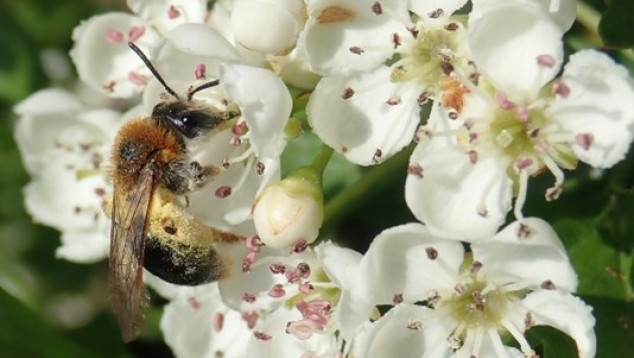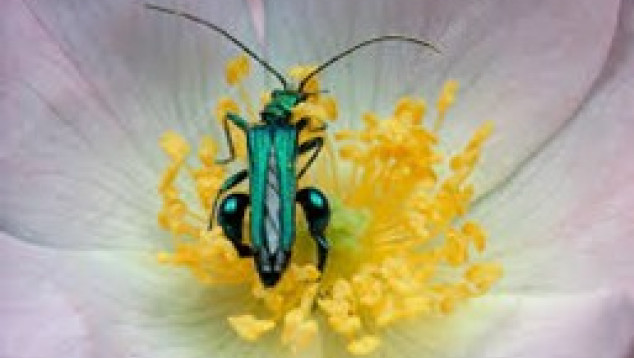Rewilding shrub pollination
Rewilding shrub pollination
Aquatic EcologyContact Person:
Droevendaalsesteeg 10
6708 PB Wageningen
Rewilding is a form of nature restoration that gives room for natural processes so as to regenerate self-sustaining resilient ecosystems. Most evaluations of rewilding success focus on common biodiversity metrics, paying less attention to species interactions and community assembly processes. On the other hand, the structure and intensity of species interactions determine the potential resilience of ecological communities against disturbances. Hence, understanding how rewilding affects and restores ecological interactions is a critical step towards evaluating rewiliding success.
What
In this project we will evaluate how rewilding impacts trophic interactions in riverine floodplain open-mosaic forests. Briefly we will:
- survey invertebrate pollination of shrubs in a network of rewilded areas. **Required: good identification skills of pollinators, especially Hymenoptera, Diptera and Coleoptera, as most pollinators of these shrubs are from these taxa**
- evaluate different properties of these interactions
- investigate how these have changed over time as rewilding develops
The student will have the opportunity to interact with a larger team of students at NIOO working on “sister projects” trying to understand the impact of rewilding on biodiversity, climate change mitigation & adaptation.
Where
Gelderse Poort (a charismatic rewilding site close to Nijmegen)
When
Roughly March to July 2025
For who
This project is suitable for an MSc thesis and/or internship, and involves fieldwork and data analyses. A good candidate must show:
- genuine interest in ecosystem restoration and trophic interactions
- enthusiasm for naturalism & ability to conduct fieldwork independently and conduct and record observations during long hours
- basic taxonomic identification skills of flowering plants & good identification skills of Hymenoptera, Diptera and Coleoptera
- ability to work in a team
- experience or interest to learn some basic statistical analyses
- at least some basic level of English
- optional: driving license preferred but not strictly required


